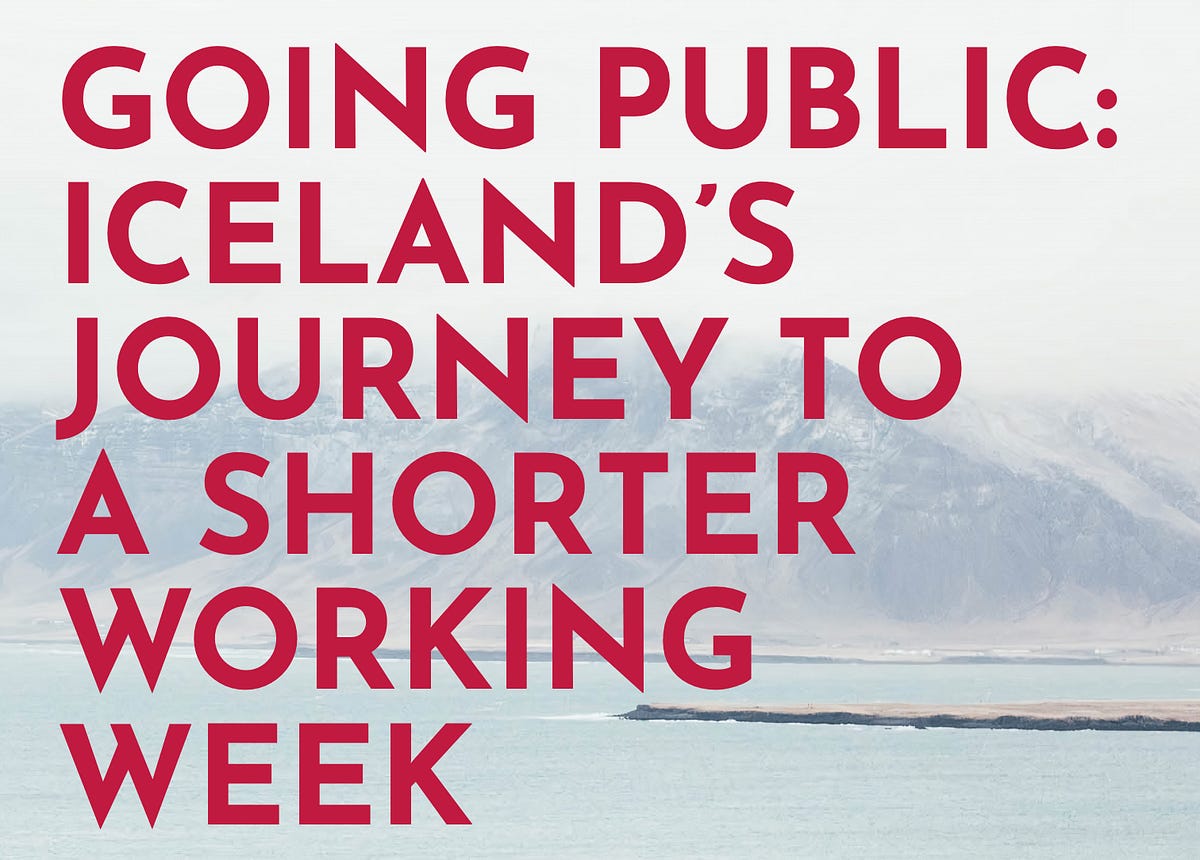Curated Content July 2021
A few pieces of content I thought were worthwhile in the month of July.
Articles
CTO day 7: Lucky Lotto, chaos engineering but for teams

An interesting experiment applying chaos engineering concepts to teams in order to help ensure team's stay resilient. Each week an individual wins the "lucky lotto" (much more palatable than being hit by a bus) and must work on non-critical path work, and be unavailable to the organization. In the event that this rule must be broken it must be noted and worked on as part of retrospective. An exercise I'll likely implement and recommend for teams in the future.
Who's Afraid of the Four Day Work Week?

Anne Petersen presents quite a bit of research on the positive outcomes of moving to a four day work week. The available data was much more extensive than I expected. It included industries outside of tech, and companies around the world, including Microsoft Japan, and smaller names like Buffer. Overall the initial picture is compelling for moving to a four day work week.
Myths of the Over-Managed

An interesting analysis of why Young Adult Fiction is the most popular genre in modern America, and how it's themes are likely a reflection of disatisfaction of many Americans. Many of the readers fall outside the industry definition of "Young Adult" implying this is likely a problem felt across a broad age group, not just the youngest adults.
Books
Better: A Surgeon's Notes on Performance

Atul Gawande has produced a lot of writing that I'm a fan of. His work Checklist Manifesto is probably one of the more influential books I've read. Better isn't quite the Checklist Manifesto, but it's an interesting reflection on some of the problems in medicine and how we can potentially do better. It tackles difficult topics like the role of medical professionals in the death penalty, and how obstetrics has advanced outcomes so quickly despite less use of randomized controlled trials.
Stick with It
Sean Young provides an empirically backed set of tools in order to actually make and break habits leading to lasting change in your life. But rather than leaving you on your own after giving you the tools, he also gives you a framework for understanding under which circumstances you need to apply which tools in order to make the change that you'd like.
Tweets
Don’t fix bugs (or proofread, or other detail work) in noisy environments! A replicated study finds that the ability to find & fix errors in software drops significantly with noise. Comprehending requirements does not.
— Ethan Mollick (@emollick) July 17, 2021
This suggests open offices may result in buggier software! pic.twitter.com/oByT4eKpoo
This probably deserves it's own post, in my yet to be written empirical software engineering series, but I wanted to give credit where credit is due. Even "harmless" background noise can have a negative effect on performance. And this study has been replicated!


